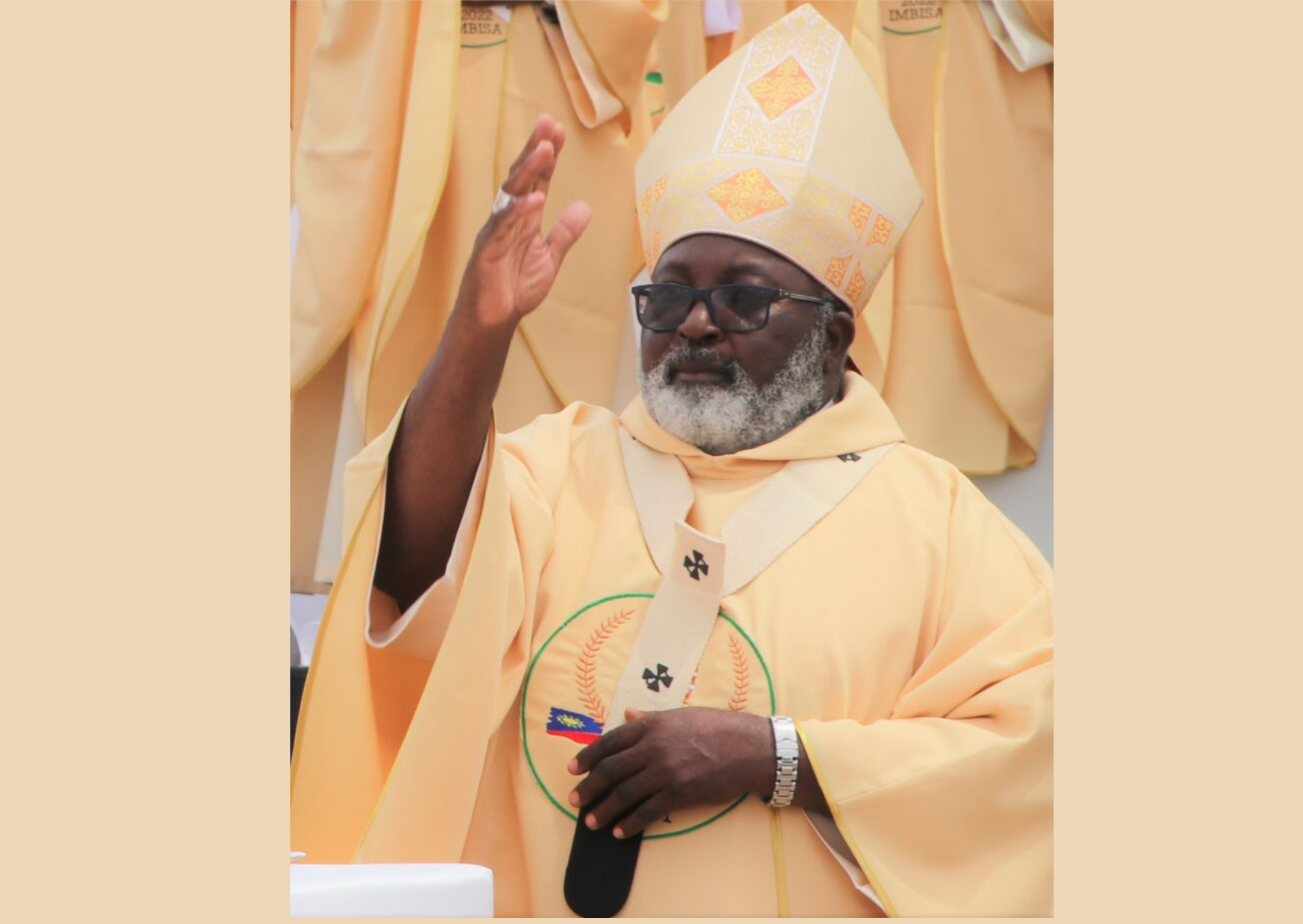By Wesley Omondi
WINDHOEK, JULY 23, 2024 (CISA) – As Namibia prepares for its upcoming November 27 General Elections to elect the president and members of the National Assembly, and with low voter turnout still a major concern, the Catholic Bishops have called for unity among the people, emphasizing the need to exercise their democratic rights responsibly and to uphold the principles of peace, respect, and integrity.
In a pastoral letter dated May 19 by the Namibian Catholic Bishops’ Conference (NCBC), the bishops underscore the significance of elections and reference the constitution, which mandates that elected officials should act as servants of the people.
“Elections in constitutional and multiparty democracies such as Namibia afford citizens the opportunity to freely and democratically elect their representatives who according to the Constitution of the Republic of Namibia ‘shall regard themselves as servants of the people of Namibia and desist from any conduct by which they seek improperly to enrich themselves or alienate themselves from the people’,” said the bishops.
In the letter addressed to Catholic Church leaders, Nambian citizens, contesting political parties, the Electoral Commission of Namibia, Law Enforcement Agencies and the media, the bishops encourage the Church leaders to disseminate election-related information non-partisanly and to provide Church facilities for voter education and as polling stations.
“Church leaders should also encourage the faithful to participate in the elections and to vote for the political parties of their choice and according to their discernment and informed conscience,” appealed the prelates.
To the people of Namibia, the bishops appealed for the respect of each person’s inherent dignity and promotion of peace and reconciliation during the electoral process.
“We further call upon all Namibians and residents in Namibia to treat every person with respect, and as a brother or sister, and as a child of God (1Jn 3:2) regardless of race, colour, ethnic origin, sex, religion, creed or social or economic status (Gal 3:28). Indeed, we appeal to the Namibian people to tolerate one another during the time of elections,” they stated.
The bishops called on the political leaders to address the country’s pressing challenges, such as unemployment, poverty, gender-based violence, and corruption, emphasizing that their manifestos and campaigns should present concrete strategies for improving living conditions and promoting the common good of the people.
“Political parties should not focus on narrow political self–interests of political organizations and politicians, but rather 34 years after independence, on a new vision of a call to moral renewal, integrity, accountability and promoting the common good and effective service delivery,” noted the bishops, explaining “Participation in elections should not be an end in itself, but rather a means to elect moral and ethical leaders with the conscience and commitment to address the challenges facing the country.”
“Also, we urge them (political parties) to refrain from inflammatory statements, violence-inciting and derogatory language, intolerance and intimidation and harassment, but rather to protect and uphold the inherent dignity of every person. All political parties should feel free to campaign in any part of Namibia and there must not be a no-go area for any political party,” they added.
The prelates urged the Electoral Commission of Namibia (ECN) to conduct the elections in an independent, credible, transparent, and impartial manner while stressing the importance of voter education and the training of all electoral staff to ensure professionalism.
“The need for professionalism and impartiality of the Commissioners and all staff members of the Commission in directing, managing and conducting the elections cannot be overemphasized,” stated the bishops.
The bishops called upon the media to play its critical role by providing unbiased, factual, and well-researched information to the electorate: “We therefore, appeal to the media to be non-partisan in their coverage of the elections, but to cover all political parties in the same manner, be factual and report without fear or favour and disseminate well-researched information.”
“Let us make our voices heard through the ballots,” rallied the bishops.
